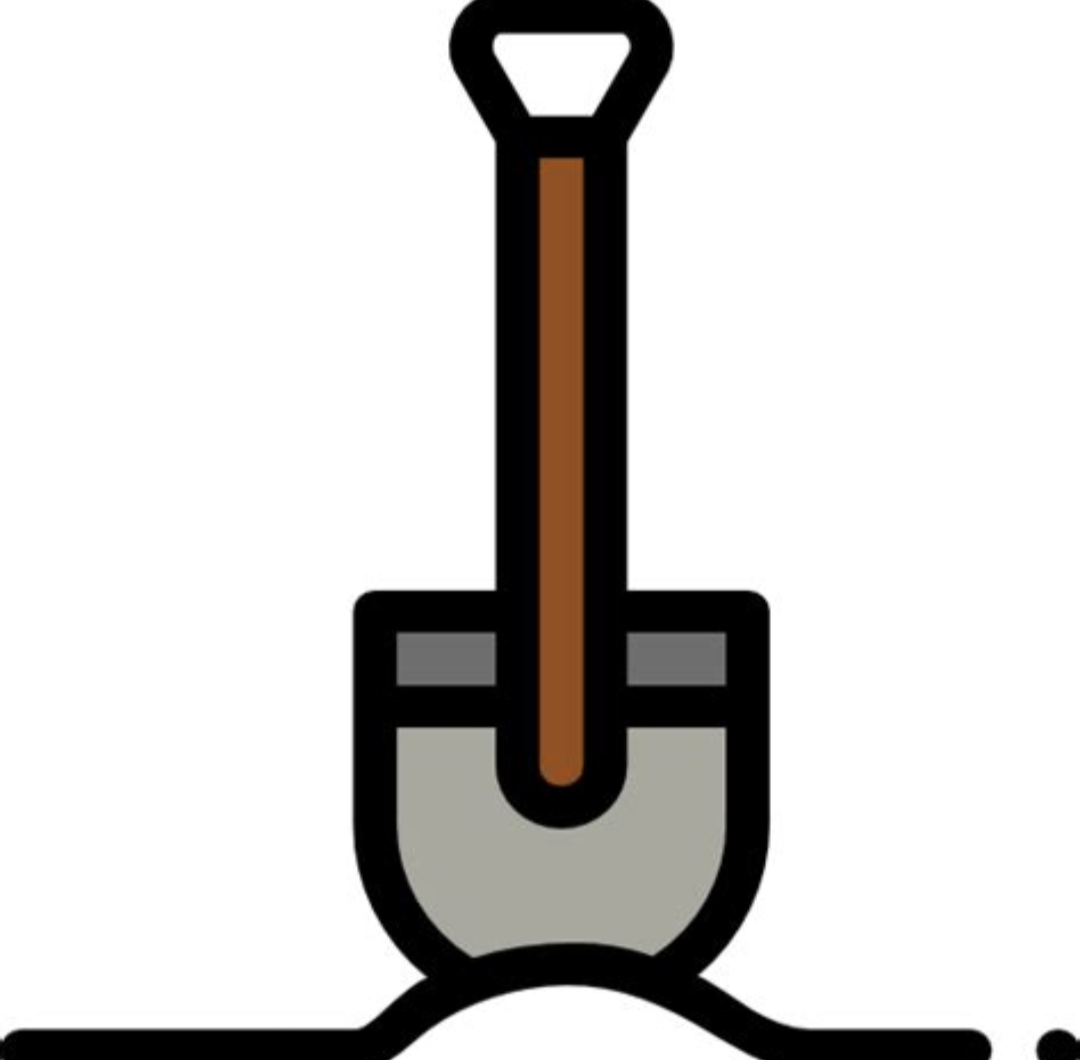I was curious about domains and looked for something. The domain was available, but it cost over $1,000,000
What would happen if I clicked “add to cart” and tried to buy it if…
- I couldn’t afford it
- I could afford it
Does someone reach out since it’s a big sale? How do they confirm I have the money? Who does the money go to?
Assuming I don’t have the money, at what point would I get blocked? I assume they don’t just process giant purchases the same way as $10 ones
A human would get involved to verify the sale, but definitely before transferring the domain.
Many of the domain auction sites don’t actually own the domain, someone has told them they have the domain, so there will be some manual alert and then transfer if its actually still available.
A human would get involved to verify the sale
And probably, more than one. When you start moving large amounts of money, a lot of people start paying attention: banks want to know why you’re taking that money away from their institution, tax agencies want to know if you’re paying the taxes you’re supposed to, and security agencies want to know if everything is legal and you’re not involved in something fishy.
So, if you actually have the money and the transaction is not immediately rejected as an error, you are probably going to be asked a few questions. Unless you’re someone who regularly deals in such things. Bank have ways to detect unusual types of transactions from an account.
If you don’t have the money, it’ll probably just be classified as an error.
No banks ask why you’re withdrawing money, except security questions for your benefit. Like to see if you are being scammed. They don’t really care, even about a million dollars.
The person who receives the money is going to have to deposit it in a different bank, so banks are just transferring money back and forth.
No tax authority or security agency knows about it (at least in the US). You are just not that important. If you don’t pay taxes or do something illegal they’ll get you later. The bank keeps records for like 7 years.
So, you’re telling me in the US you can move a million dollars in a transaction and no one will bat an eye? Holy money laundering, Batman! :O
Edit: Btw, this reminds me of a guy that was doing crypto transactions from unknown origin (and not huge quantities, in the thousands) and had his accounts frozen by the bank because authorities wanted to investigate where the money was coming from. But I think he was in the UK. I’m amazed that you can move money that easily in the US…
The person you’re replying too doesn’t know what they are talking about. Once you start moving around several thousands of dollars (10k?) they will always ask you so they can document it and report it to the IRS/FBI if necessary. In my experience, once you move around enough money to have to go to a banker’s desk verses a teller window they will want to know what’s going on.
If I deposit 10,000 in cash I have to make a declaration where it came from. Cash. If I take out 30,000 in cash there is nothing they ask other then they have me sign a waiver that states they are not liable it I get mugged or spend it on some scam. This is it into or out of my personal account. If it is cash into my business accounts, they never care.
If it is transfers between accounts, I can send millions. There is no light that goes off unless it is out of country or into the country. Domestically they are not following this.
you can afford it.
The money is transferred to the registrar and you get to use the domain.
you can’t afford it.
The transaction fails as some point. The money is not transferred, you don’t get to use the domain.
You would need to pay the million to the current owner of the domain (the squatter), not the registrar. The owner of the domain would transfer ownership to you and then you would pay the registrar $10-$20 per year.
Looks like nobody pointed out the obvious here:
Domains cost around 10-20$€£ per year. That amount is rent, paid to the registrar.
If you find a domain that costs more than that, then you are not dealing with a registrar. You are dealing with a domain squatter that owns the usage rights to that domain name, and the price is what they demand to transfer that right to you.
If you’re stupid enough to pay that, you’ll still need to pay the actual fee to the registrar when the next billing period starts.
So 1.000.000 dollars plus 10-20 per year.
Often Times even more, depending on the domain “extension”.
Domain extension as in .com, .net, etc? The official name for that is a TLD.
It’s sad to see how mere bytes can cost over 1 million.
It’s the rule of scarcity. Same reason why some ground can cost a lot.
If you have the money you probably need to transfer the money to an escrow account. Even if you are loaded you probably wouldn’t have a credit card with a million dollar limit.
The escrow agent calls the other party to tell them that the money is on the account. The domain holder transfer the domain rights to you then you call the agent to tell them that the deal has been concluded and they will send the money to the seller.
If you lie that you didn’t receive the domain rights you won’t get the money back since both parties tell a difference story. The money stays on the escrow account and the case will go to court or into arbitration.
Fabulously wealthy people have no limit credit cards, not unlike my hold em games.
Do it! What do you need, like $30,000-35,000 from each of us? Let’s get this bread!
Do it! What do you need, like $30,000-35,000 from each of us? Let’s get this bread!
Then let’s turn around and sell it for $2M!
New infinite money glitch just dropped
I have procured expensive machines that cost millions of dollars before. For stuff above a certain amount, you have to buy it the old fashioned way via quotation, invoice and purchase order.
Please try and report back. We all want to know. We’ll be waiting right here
I’m on it!
If you click add to cart, then purchase, but you only have $5 in your bank account, then your bank account will be overdrawn $999,995 and congratulations, you’re the broke-ass new owner of a million dollar domain, now you better pick up some side hustles to dig yourself out of crippling debt.
Is there any bank in the world that is stupid enough to allow someone to overdraw their account by $1M without prior arrangement?
Yes, I would like to know this too…
…for a friend… 😅
Yes…I have some purchases I would like to make.
I am definitely good to pay you back and will not declare bankruptcy. Promise.
“I left my wallet at home.” 😅
Every time I hear about banks allowing overdraws, it’s from Americans. If true, then it’s yet another thing that America do to fuck it’s citizens and that the rest of the world has already figured it out.
That’s not how it works at all.
There’s a hold period where validation happens.
Aw, that’s no fun.
After they validate that you are real and only have $5, you’ll be over drafted and own the website.
A domain registrar rents domains to individuals (including companies as individuals). At least for the common standard registrars/top-level-domains the rented domain is owned with a guarantee of being able to extend it.
Like with any possession, how it is sold depends the owner.
Where did you find it and where would you “press add to cart”? If it’s a trustworthy platform, the following process depends on them, but for such a high cost I would expect a manual contracted process instead of an automated one.
The seller has decided the domain costs $1m. It’s unlikely any “cart” they’ve set that up with would allow such a transaction. It’ll be some kind of bank to bank transfer that is needed with various fraud checks.
Also as with most expensive purchases, the list price is total bullshit. When you see expensive price tags, the final price will be less unless demand is high.
When you see expensive apartments or properties up for $1m the selling price is likely to be less unless there is a lot of competition. In property hotspots it is getting normal to pay the full price but in all areas the prices are inflated deliberately to see what the seller can get away with. The actual price is what someone is willing to pay. People aren’t fools - they negotiate.
If you’ll haggle over a $10k car then of course you’d haggle over a $1m domain. (And if you’re not haggling the price down on a $10k car then you’re an idiot and wasting money)
A $1m domain - it might sell for $900k or $100k or never sell as it’s actually worthless.
Can you tell us the domain? Curious which domain is so desirable that it’s listed for $1M but no one is using it
I’ll have to find it again, but some generic variation of
open____.org
Assuming I don’t have the money, at what point would I get blocked?
First they would make sure to know who you are.
Then the deal breaks, you don’t get your domain, and you owe them a nice amount for damages. That won’t go away. They would come after you and strip you of everything you have, probably for years to come.
Why would you owe them anything for damages? What damages?
Emotional damage, they thought they finally unloaded the damn domain
What damages?
That depends on the legislation, where it happens.
In my country, you owe the full amount of 1 million because that’s the price you have agreed. The fact that you don’t have so much money does not change your duties.
Then you can go to court and say it was an error. Probably the judge decides for you (but not sure). Then you owe them damages only for all the efforts they have made in relation to this business have been in vain, and this may yet become very extensive.
So, if I go to a car dealership and tell them I want to buy a $50k car,
they run a credit check and find out I have $5 in my account and my credit rating is NOPE,
…then according to you I now owe them $50k because I asked to buy the car?If you are legally adult, and agree to buy the car by entering a contract, you owe them $50k whether or not you have it and they owe you a car whether or not you can pay.
This is why car dealerships usually check your credit before agreeing.
If either of you can’t hold up the agreement, them the contract is broken and you must find some middle ground that works out, frequently via the court system. Usually you would return the car and pay them for their trouble.
Contracts are usually roughly that, but there can be stipulations on payment before delivery or how contract break is handled, etc.
A contract becomes binding after both parties agreed to it.
Going back to the example with the domain, the domain holder simply won’t agree to the sale before you can prove that you can pay.
So there is no legally binding contract, there is no sale, there are no debts or damages. You’ll just be told to fuck off.















